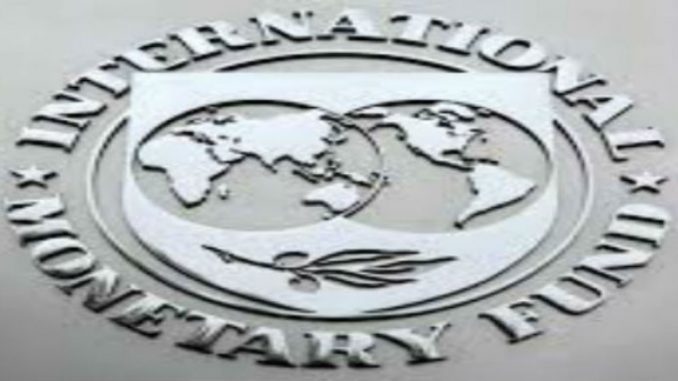
An International Monetary Fund team started its first review of Egypt’s $12 billion loan accord, with the debate on how best to curb inflation likely to take centre stage, according to Amwal al-Ghad, an Egyptian economic magazine.
The IMF delegation will hold talks with Finance Ministry and central bank officials during the visit, which is scheduled to end on May 11.
The talks were preceded by remarks from top IMF officials emphasizing the need for policy makers to make tackling inflation a priority.
Jihad Azour, the IMF Middle East chief, highlighted interest rates as the “right instrument”to tame inflation, though he later listed them as one option among a set of tools.
Azour’s remarks have fueled speculation that the IMF is recommending that Egypt raise interest rates again after inflation accelerated to more than 30 % following the central bank’s decision to float the currency in November.
The central bank’s decision to abandon currency controls on November 3 helped clinch the IMF loan agreement, which officials say is key to restoring investor confidence in the economy. On the same day, the central bank raised interest rates by 300 basis points to 14.75 %.
The Monetary Policy Committee is scheduled to meet next on May 18.
According to many economic experts raising the interest rate isn’t the appropriate solution. Hani Tawfik, the economic expert, said that the IMF recommendation to raise the interest rate in Egypt isn’t suitable at the current moment,saying that the IMF solution for resolving economic crisis is classical and doesn’t suit the political situation in many cases.
Tawfik added that raising the interest rate won’t solve the inflation in Egypt especially that the problem resides in the increase in the dollar’s price and the cost of goods production.
He added that countries’ resort to raise the interest rate,as a solution to inflation,when inflation occurs as a result of economic prosperity and increase in demands.
Since Egypt floated its currency in November, it has been hit by soaring inflation.
Urban consumer inflation hit 30.9 % year-on-year in March, its highest in decades.
From her side, Radwa el-Swaify, the Head of Research at Pharos Investment Bank said that the the economic condition in Egypt can’t bear raising the interest rate now.
She added that raising the interest rate won’t have positive results,instead it would lead to negative repercussions, most notably,the withdraw of foreign investments from treasury bills;especially that foreigners are currently investing in treasury bills because of what they see as an appropriate rate in the current interest rate.
In addition,raising interest rates will probably increase in the budget deficit under the item of “debt service”.
She also clarified that the best solution now is to maintain the current interest rate, which is already high, rather than raising it more farther, until the inflationary wave is contained and the price rise is controlled in the Egyptian market.
This month, the International Monetary Fund has lowered 2016-2017 growth forecast for Egypt to 3.5%.
Egypt’s economy will grow by 3.5 %during the 2016-17 financial year,as said by the IMF, lowering the 4 % forecast it made in a report last year.
The IMF said in its World Economic Outlook, in which it raised its overall global growth forecast, “In Egypt, comprehensive reforms are expected to deliver sizable growth dividends, lifting growth from 3.5 %in 2017 to 4.5 %in 2018.”
However, the 2017 figure, which refers to the 2016-17 fiscal year ending in June, is lower than what the international lender had expected in a report around the time Egypt accepted the loan. It is also a drop from the 4.3 %the North African country recorded in 2015-16.
The report did not provide a reason for the downward revision.



